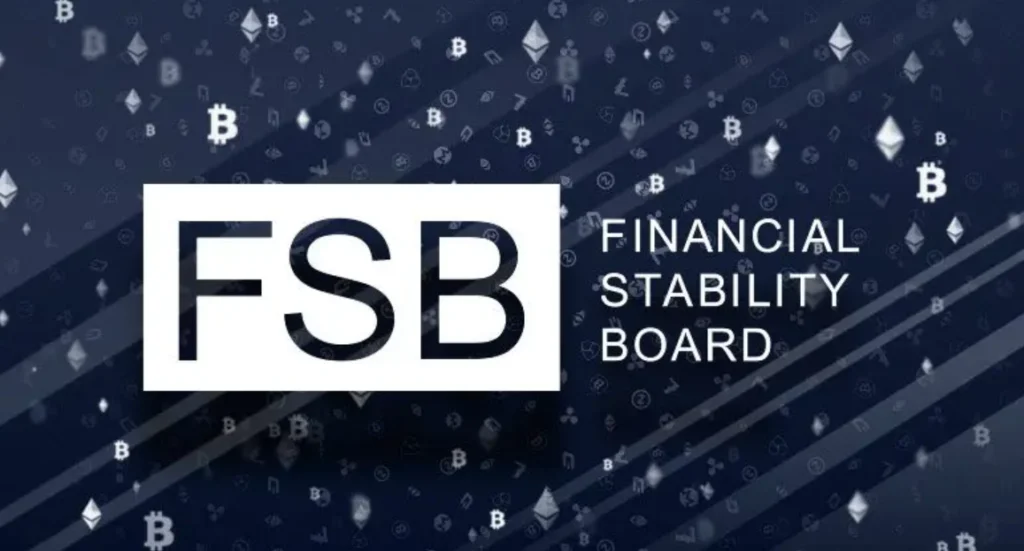The Financial Stability Board (FSB), an international organization that oversees the global financial system, has devised a global framework for cryptocurrencies.

On July 17, a public note and two separate guiding documents were made public. The document includes general high-level recommendations for crypto regulation and “revised high-level recommendations” for a “global stablecoin.” The latter is equivalent to any stablecoin that is usable in more than one jurisdiction.
The FSB stipulates that crypto platforms must separate clients’ digital assets from their funds and explicitly separate functions to avoid conflicts of interest, with regulators ensuring tight cross-border cooperation and supervision.
The international organization is also quite explicit about its respect for privacy, as it requires local regulators to ensure that no activity “may frustrate the identification of the responsible entity or affiliated entities,” citing decentralized finance (DeFi) protocols. The following is one of the high-level recommendations:
“Authorities should have access to the data as necessary and appropriate to fulfill their regulatory, supervisory and oversight mandates.”
As a standard requirement for so-called global stablecoins, the FSB specifies that any stablecoin issuer must have one or more identifiable and accountable legal entities or individuals — a “governance body.”
And, of course, to hold reserve assets in a minimal ratio 1:1 unless the issuer “is subject to adequate prudential requirements” equivalent to commercial bank requirements.
However, What is novel is the potential requirement for “global stablecoin” issuers to acquire some operating license in each jurisdiction. Within the guidelines:
“Authorities should not permit the operation of a GSC arrangement in their jurisdiction unless the GSC arrangement meets all of their jurisdiction’s regulatory, supervisory, and oversight requirements, including affirmative approval.”
By the end of 2025, the FSB will assess the global status of its recommendations’ implementation. Together with the International Monetary Fund (IMF), it will provide the G20 with a joint report on extant policies and regulatory issues in September 2023.
The Association of Financial Markets in Europe (AFME) cited the FSB’s position at the beginning of July to urge European Union legislators to include the category of DeFi in the first pan-EU crypto framework.
